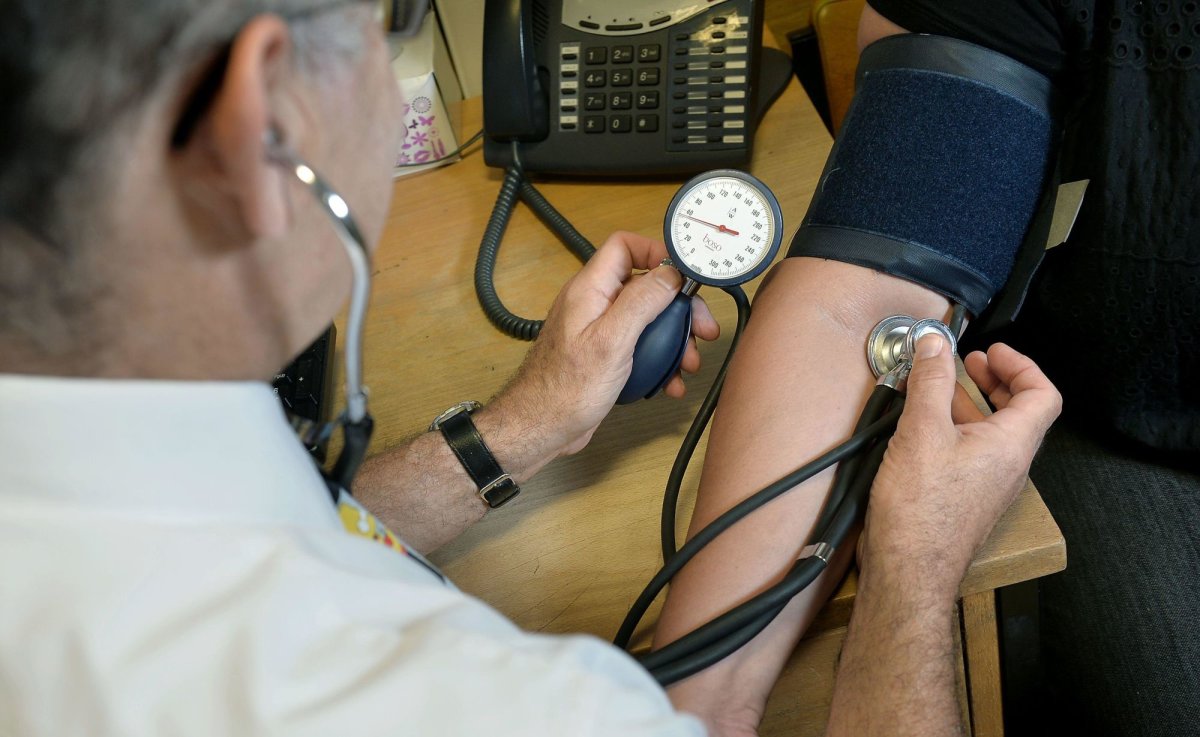The Debate Over Physician Associates in the NHS
The World Health Organization (WHO) has raised concerns about the utilization of Physician Associates (PAs) in the UK’s National Health Service (NHS).
Introduction of Physician Associates
Physician Associates support healthcare teams by conducting physical examinations, creating treatment plans, and assisting in diagnosing patients. The role was introduced in 2003 to address workforce shortages within the NHS.
Challenges and Criticisms
Despite their introduction, PAs have come under scrutiny for errors made in patient care. WHO’s regional director for Europe, Hans Kluge, highlighted that while PAs can perform certain tasks, they cannot replace the role of doctors.
Global Health Workforce Crisis
Kluge emphasized the critical shortage of healthcare workers worldwide, attributing it as the primary crisis faced by health systems globally. He noted that ongoing conflicts, infectious diseases, and mental health issues contribute to a state of “permacrisis”.
Challenges in the UK NHS
The UK, particularly affected by chronic underinvestment in healthcare, faces significant challenges in maintaining a sustainable workforce, exacerbated by the impact of the pandemic.
Role of Physician Associates
Physician Associates play a crucial role in supporting doctors and alleviating their workload, allowing them to focus on specialized tasks. The Long Term Workforce Plan aims to increase the number of doctors in training by 2030-31.
Conclusion
While the debate over the effectiveness of Physician Associates continues, their role in the NHS remains a topic of discussion among policymakers and healthcare professionals.
















































